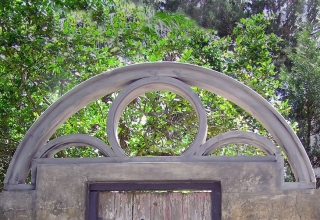
And even though we had no experience in applying coaching methods, either individually or in group sessions, to breast cancer sufferers, we explained that, in coaching, we were constantly working with people who were going through complicated situations both in their working and personal lives–which even included health issues. In particular, our firm’s coaches have a wide knowledge of psychology and are experienced in dealing with complex issues. For example, we teach English courses for the visually challenged (we are based in Spain where the language is Spanish) and we support clients with their emotional rebuilding after serious work accidents, etc.
We held that the basis of coaching is that people develop a greater awareness of their situation, possibilities, destiny, actions and resources in order to begin the “great march” towards better goals. And from our experience, we can confirm that “coachees accept their present and future in a more positive way and take more responsibility for them.” In other words, they partly give up being a “patient,” which seemed to be the issue at hand.
When we actually started the program, we realized that was precisely the crux of the question: the breast cancer survivors who had been well treated from the medical-surgery point of view benefited considerably from being aware of their situation. Now they need to give up being a patient and instead accept responsibility and start to be the leader of their therapeutic processes.
As we discovered during our sessions, from the second or third group session onward, the participants would choose to be unconditionally responsible for their therapeutic and recovery project. This cleared a certain co-dependence which traditional health systems tended to create.
Getting the ball rolling.
Our first program was called Coaching for breast cancer sufferers during the recovery process. 28 brave explorers participated in the program. In this group of 28, there were 22 outpatients and the other 6 belonged to the National Health Service (various surgeons, a psychologist and a nurse).
The program started the first week of October 2007 and consisted of 9 sessions of 5 hours each, lasting from October to June. At the same time, and depending on the personal circumstances of each participant, individuals participated in 1:1 coaching sessions.
Our mission was clear and measurable: “To improve in a visible way the emotional, physical and mental health of the participants by applying coaching distinctions, methodology and practices”.
Download Article 1K Club
















